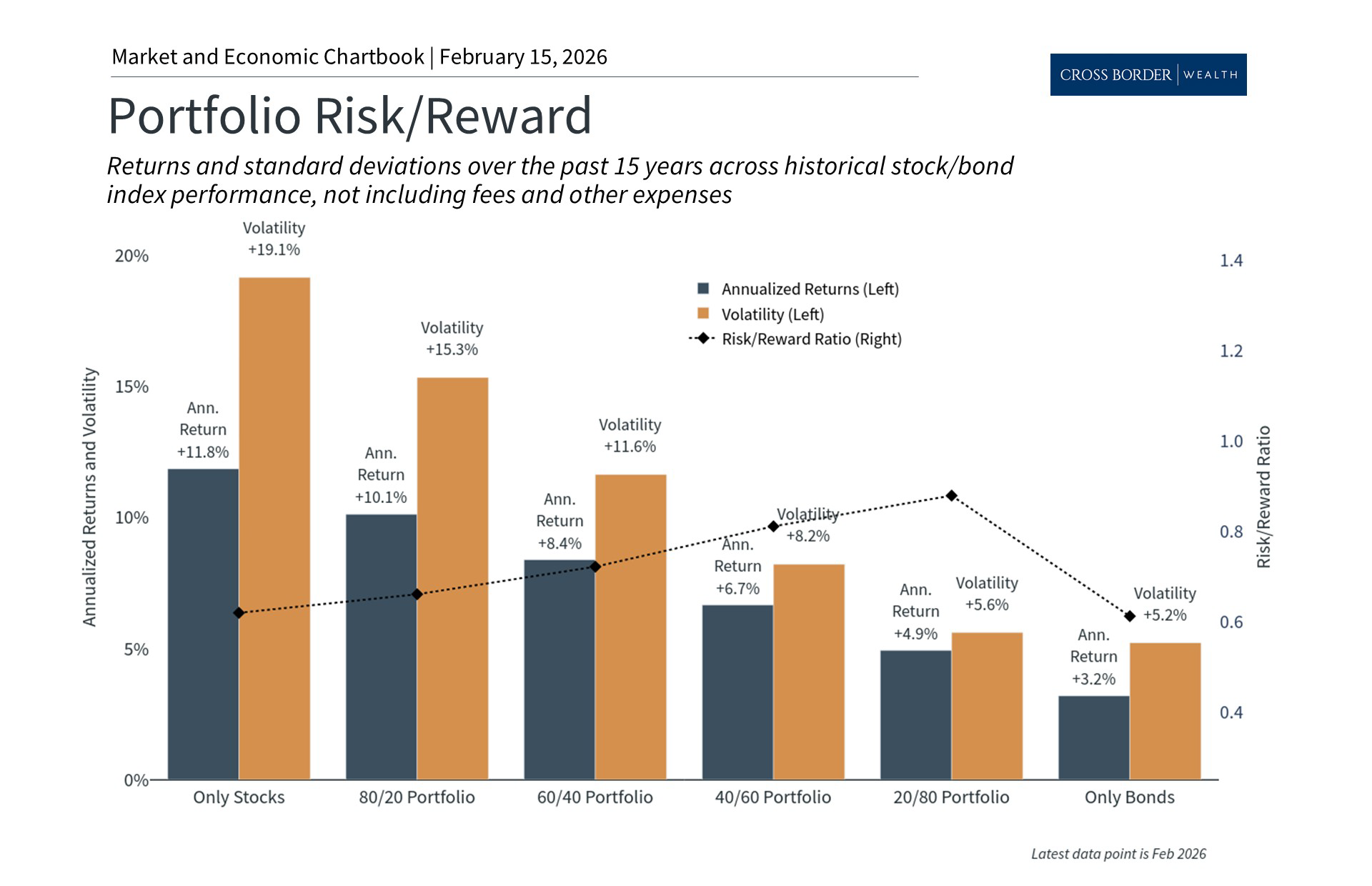Coronavirus Retirement Plan Conversion Tip
- US Pensions
- 2 mins
Although it is quite clear that the Coronavirus wreaked havoc on most retirement plan portfolios, perhaps it’s time to stop dwelling on the current situation and start planning for the light at the end of the tunnel. Let’s revisit a couple of retirement plan strategies to get you ahead, in preparation for the time when humanity starts to prove its resilience, as it always has.
For Americans with traditional retirement plan portfolios (i.e. 401k, 403b, IRA), this may be a good time to talk with your financial advisor about converting to a Roth, due to significantly lower portfolio values in traditional retirement plan accounts today.
The Roth IRA was introduced in 1997 by Senator William Roth. Unlike traditional qualified retirement accounts that grow “tax deferred,” investments in a Roth grows “tax free.” However, money invested in a traditional retirement account may be tax deductible or “pre-tax” dollars, while money invested in a Roth are not tax deductible or “after tax” dollars.
Because of the “pre-tax” dollars and “tax deferred” growth in the traditional retirement account, taxes will need to be paid sooner or later, upon distribution.
A conversion from a traditional retirement account to a Roth is permissible, even prior to the age of 59 ½. However, the amount of “pre-tax” and “tax deferred” dollars you convert from a qualified retirement account, is considered a distribution and subject to ordinary income tax.
At a time when your investments in a traditional retirement account are low, it could make sense to pay the taxes on it now, in exchange for growing it tax free when the underlying investments rebound. Of course, this will also depend on factors like your tax bracket and your plans for retirement.
Remember that you still need to be 59 ½ or older to avoid a penalty from taking a Roth distribution. You also need to have a Roth account in existence for 5 years, before it truly becomes tax free.
The perfect storm for this strategy is for people whose income will be adversely affected by this year’s events. The best time to execute a Roth conversion is during a year when you are in a lower tax bracket.
Unfortunately, for our American friends abroad, this strategy could be counter intuitive and may cause more harm than good. The risk of double taxation may depend on your country of residence, tax treaties, tax regime, citizenship, and a whole lot of issues. Please make sure you speak to a qualified cross border financial planner and your tax advisors before you pull the trigger on something like this.
Cross Border Wealth is a SEC-registered investment adviser which may only transact business in those jurisdictions in which it is registered or qualifies for an exemption or exclusion from registration requirements.
Cross Border Wealth may discuss and display charts, graphs, formulas, stock, and sector picks which are not intended to be used by themselves to determine which securities to buy or sell, or when to buy or sell them. This specific information is limited and should not be used on their own to make investment decisions.
All information provided in this article is for educational purposes only and does not intend to make an offer or solicitation for the sale or purchase of any specific securities, investment, or investment strategies. Please ensure to first consult with a qualified financial adviser and or tax professional. Further, please note that while said information has been obtained from known sources which are believed to be reliable, none of these are guaranteed.


